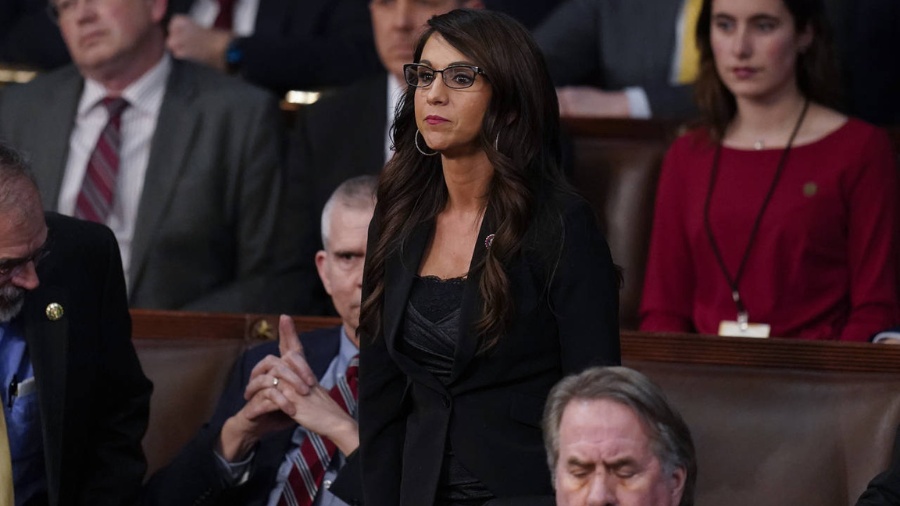Former Washington AG: US Supreme Court by teleconference lacks intensity
May 7, 2020, 12:06 PM | Updated: 1:13 pm
As co-workers, families, and friends are turning to video conferences to interact while everyone is at home, so are businesses and institutions, including the U.S. Supreme Court.
This week, the Supreme Court held its first live oral arguments by teleconference.
Former WA AG on whether workers can be forced to return to work if they feel unsafe
Former Washington State Attorney General Rob McKenna has appeared in person before the Supreme Court, and he joined Dave Ross on Seattle’s Morning News to talk about what the teleconference model changes for attorneys.
“[An appearance at the Supreme Court] starts with the fact that you have to get there really early and they put you in a holding room. It’s a very nice holding room; it’s like a big conference room for lawyers who are waiting to argue,” McKenna described. “Then they walk you out, make you sit down at the council’s tables about an hour before the Supreme Court Justices actually come into the room.”
It’s an intimidating, intense experience, he said.
“One of the things that makes the whole experience so intense is that you’re standing at this podium that is just, I don’t know, feels like it’s arm’s length away from the justices, it’s actually a little farther,” McKenna said. “But you’re right there. I mean, close enough that I stared into Chief Justice Roberts eyes and thought to myself, ‘Wow, they look like Paul Newman’s.'”
While the teleconference approach offers unique benefits, McKenna thinks attorneys miss out on the whole experience of being in front of the Justices in person.
“I remember at the end of my first argument the feeling that I’d just gotten off the most amazing roller coaster ever, and I wanted to get back on again,” he said.
McKenna thinks presenting an argument by telephone or video conference does change the pressure on attorneys and advocates.
“When you’re in the courtroom in person, it’s like facing a tennis ball machine on a court where you’re practicing. Except imagine nine tennis ball machines pointed at you, and they don’t always wait their turn to shoot a ball at you,” he said. “And that’s not happening in the telephonic arguments because the Chief Justice is having each of the Associate Justices ask their questions in order of seniority.”
In this arrangement, the justices are not interrupting one another.
“One of the most interesting experiences of arguing in person is that you’ll be answering one question, and another justice will jump in with their question, kind of interrupting your answer. And sometimes it gets to the point where the justices who disagree with each other are actually arguing through you as the advocate,” McKenna said.
When the justices speak in order over video conference, you miss out on these interruptions and the fast pace of presenting in person. McKenna also does not think that this model will lead to a more complete argument.
“The goal of oral argument before an appellate court is to answer the judges or justices questions, as many of them as you can,” he said. “I think that in one of my 30 minute arguments, I was asked 70 questions, and that’s good because you want to get to the questions that the justices have, whether they’re on your side or not, or just undecided.”
In his opinion, the more questions you’re asked, the better. The Supreme Court is trying to compensate for this by extending the arguments to an hour and 15 minutes instead of just an hour.
“But I do think that more rapid fire pace, where they can interrupt each other and argue with each other through council actually illuminates the issues even more fully than if they just go in order,” he said.
This recent hearing was also broadcast live. McKenna said he’s not sure why that was decided, but he hopes that it’s a practice that continues, at least with the audio.
“There’s no reason they can’t live stream the audio, and I think would be a good thing for the court and the public if they did that,” he said.
Listen to Seattle’s Morning News weekday mornings from 5 – 9 a.m. on KIRO Radio, 97.3 FM. Subscribe to the podcast here.
Follow @http://twitter.com/Mynorthwest














